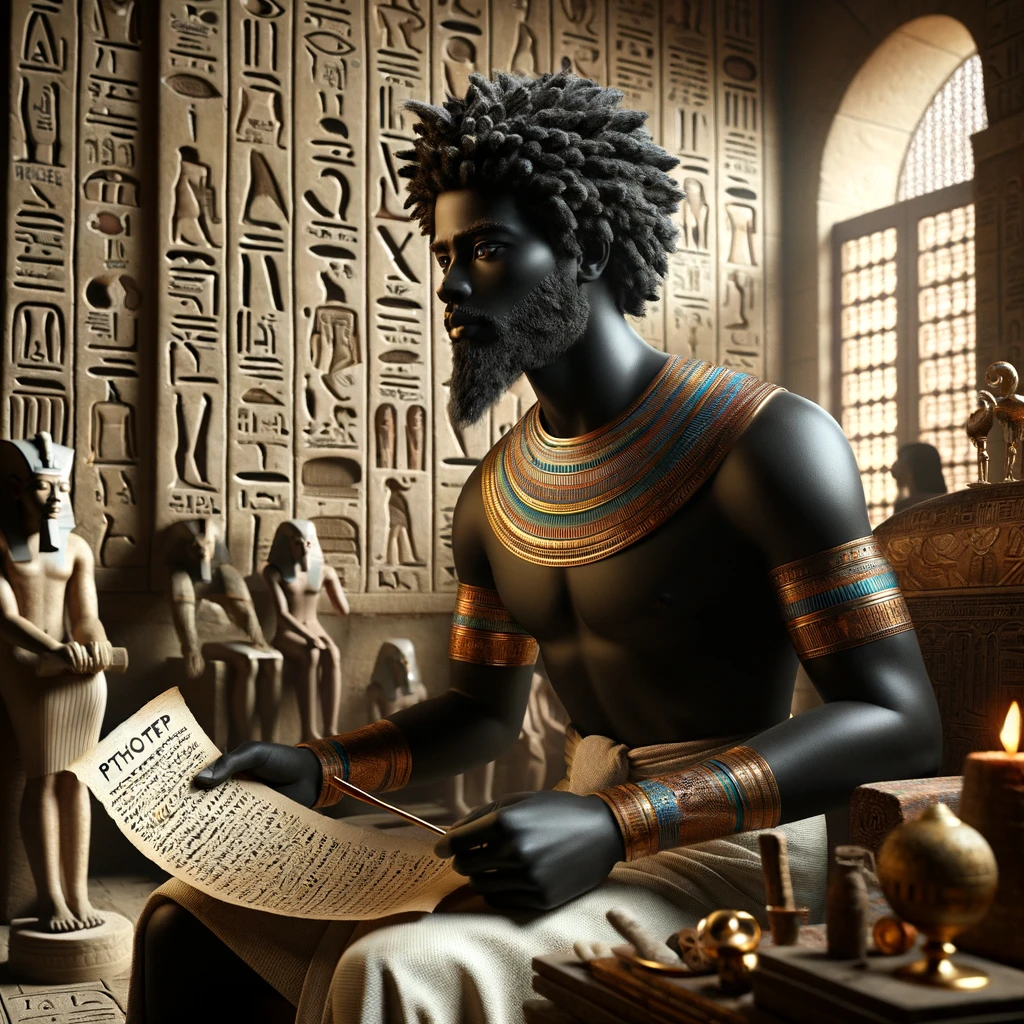Ancient Egyptian literature is a treasure trove of cultural richness and historical significance. It provides us with profound insights into the minds and hearts of the people who lived along the banks of the Nile thousands of years ago. Beyond its historical importance, it has left an indelible mark on the literature and culture of civilizations around the world. In this guide, we’ll show you how to dive into the world of ancient Egyptian literature and appreciate its impact on global culture.
1. Begin with the Hieroglyphics
Understanding the hieroglyphic script is the key to unlocking the secrets of ancient Egyptian literature. Start your journey by familiarizing yourself with the basics of hieroglyphics. You can find numerous online resources, courses, and books that introduce you to this ancient writing system. Learning to recognize common hieroglyphs will allow you to decipher inscriptions, tomb writings, and temple texts.
2. Explore the Pyramid Texts
One of the earliest examples of ancient Egyptian literature can be found in the Pyramid Texts. These texts, inscribed on the walls of pyramids, contain spells and rituals intended to guide pharaohs in the afterlife. Delve into the Pyramid Texts to discover the beliefs and religious practices of ancient Egyptians. Their influence can be seen in later religious texts and rituals from various cultures.
3. Journey Through ‘The Book of the Dead’
The Egyptian Book of the Dead, also known as the Book of Coming Forth by Day, is a fascinating work of ancient literature. It consists of spells and instructions for the deceased to navigate the afterlife successfully. This ancient guide to the underworld and gain insights into Egyptian views on death, resurrection, and the soul. You’ll be amazed at how its themes resonate with later religious and mythological narratives from different parts of the world.
4. Discover ‘The Tale of Two Brothers’
Dive into the narrative world of ancient Egypt through stories like ‘The Tale of Two Brothers.’ This intriguing tale explores themes of betrayal, loyalty, and divine intervention. As you read, you’ll notice parallels between this ancient story and later tales from various cultures, demonstrating how Egyptian literature’s storytelling traditions influenced global narratives.
5. Unearth ‘The Contendings of Horus and Set’
Explore the epic conflict between Horus and Set in ‘The Contendings of Horus and Set.’ This story is a precursor to the hero’s journey narrative found in many cultures, including the story of Hamlet and Cinderella. Understanding its influence on subsequent literary works will deepen your appreciation for ancient Egyptian storytelling.
6. Investigate the ‘Love Poems’ and ‘Instructions in Wisdom’
Ancient Egyptian literature isn’t just about religion and mythology; it also delves into themes of love and wisdom. Read the love poems and instructions in wisdom from the New Kingdom era. You’ll be surprised by the striking similarities between these ancient verses and later love poetry and philosophical teachings from around the world. You can find some glaring relevancy in Ancient Kemetic texts with maxims like “Speak when you know that you have a solution.”
7. Analyze the ‘House of Life’ and Its Role
The House of Life, a combination of library, scriptorium, and teaching institution, was a unique feature of ancient Egyptian culture. Investigate its significance and discover how it served as a precursor to modern educational institutions and libraries. The House of Life’s preservation of knowledge and literature laid the foundation for future civilizations’ pursuit of learning.
By following these steps and immersing yourself in the world of ancient Egyptian literature, you’ll not only gain a deeper understanding of this Kemetic civilization but also appreciate its profound impact on the global literary and cultural landscape. From hieroglyphics to epic tales, the legacy of ancient Egypt continues to resonate with us today.
